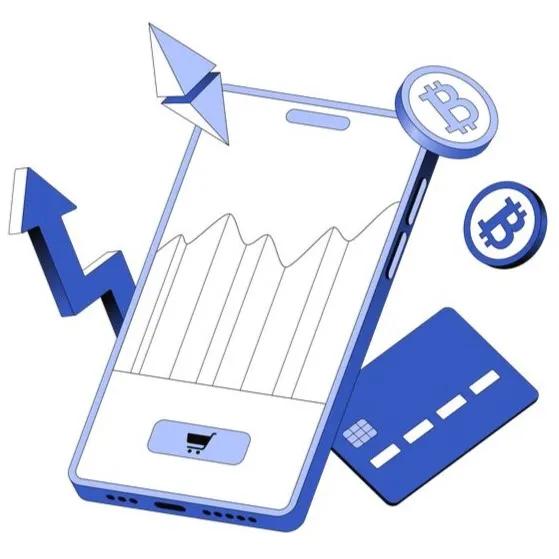Find IFSC Codes and Bank Details.
Welcome to our IFSC code search platform. Your one-stop solution for banking information. Search for IFSC codes effortlessly by Bank, Branch, City and State or even By MICR. Explore comprehensive lists of bank branches. Simplify your electronic transactions with accurate and up-to-date details.

Select Bank
IFSC Code - What is it and Why is it important?
What is an IFSC Code?
- An IFSC code is mandatory for initiating any electronic payments in India, including NEFT, RTGS, and IMPS transactions. Without this code, the transaction cannot be processed.
- Every bank branch in India has a unique IFSC code, even if they belong to the same bank. This uniqueness helps in precisely identifying the recipient branch during electronic transactions.
- The IFSC code is crucial for online banking services, including transferring money between accounts, paying bills, and receiving payments from others.
- The IFSC code is used in automated payment systems and financial applications, making the entire process of funds transfer seamless and efficient.
- The 11-character format of the IFSC code ensures consistency across all banks and branches, making it easier to automate and process transactions nationwide.
Understanding the Need for an IFSC Code in Online Transactions
- To facilitate electronic transfers between banks.
- Used when setting up automatic bill payments or linking accounts for transfers.
- Printed on cheques to identify the bank and branch.
- Ensures correct routing of funds during Unified Payments Interface transactions.
- Required when adding a new payee or transferring funds to another account.

What is MICR Code?
The first three digits represent the city, the next three identify the bank, and the last three denote the branch. The MICR code ensures that cheques are processed efficiently and accurately, minimizing errors during clearing.
What is the Use of MICR Code?
The MICR code is essential for the quick and secure processing of cheques. It helps in the automated reading of cheque details, reducing manual errors and speeding up the clearance process.
Frequently Asked Questions